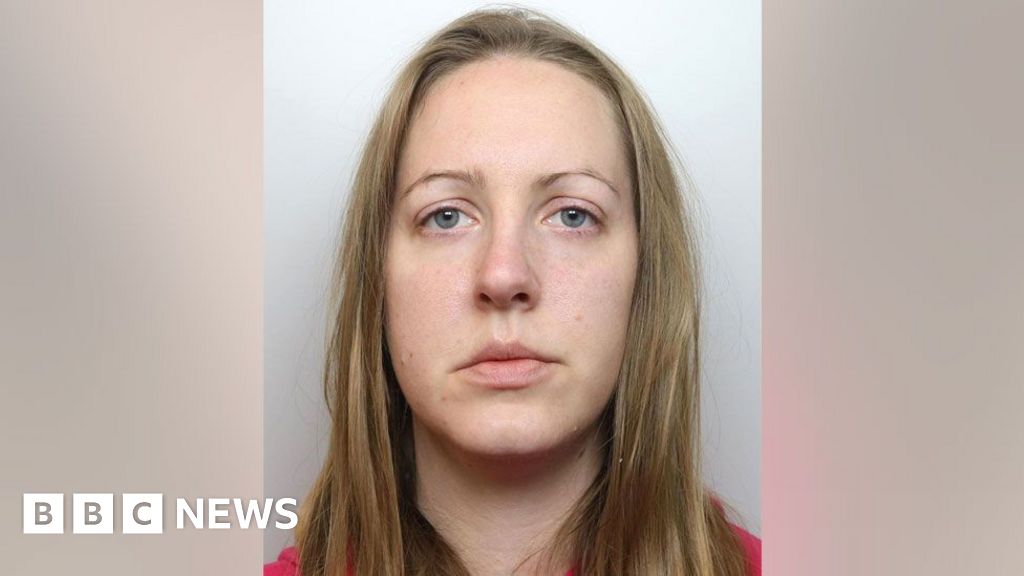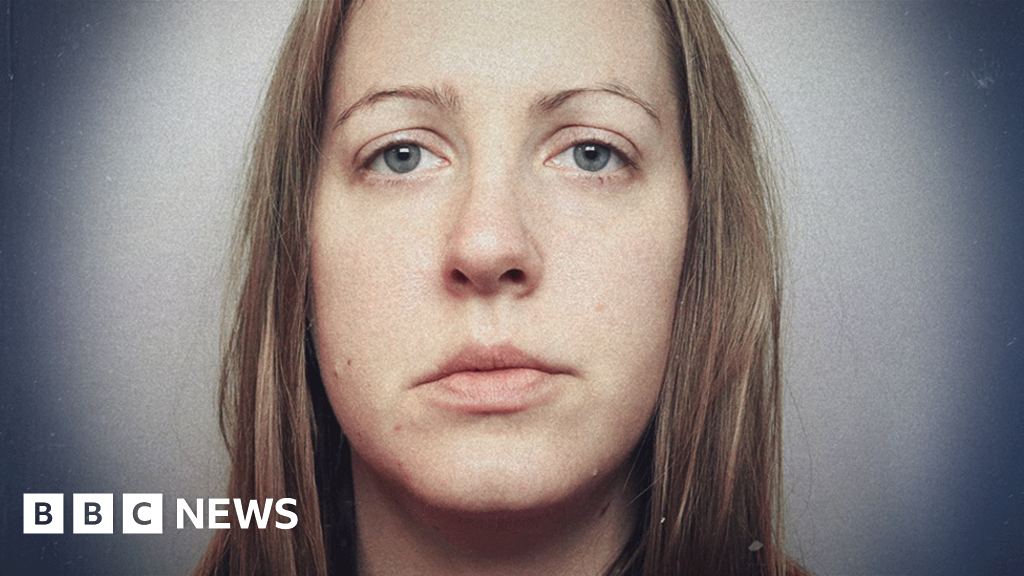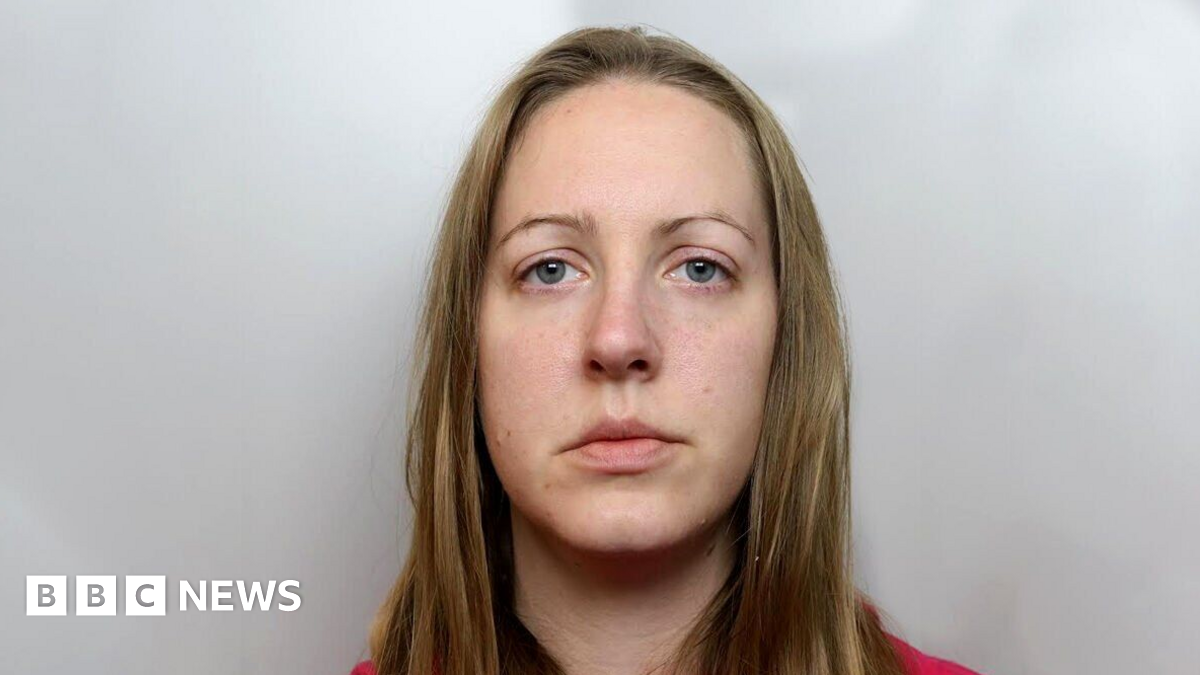You are wrong.What I am saying is the police investigated the deaths during Lucy letby shifts with a preconceived notion that she murdered them and probably didn't look too closely at babies she couldn't have murdered.
Every death will have been looked at very closely - obviously some may have been deemed non suspicious due to the circumstances.
Do you think her defence team might just have been slightly interested in the babies that died that she could not have been involved with or responsible for?
Do you think the might have asked for all the information in relation to those deaths and other relevant deaths not subject of charge?
Do you thing the prosecution could just say - “Oh we are not interested in those deaths Letby could not have been involved” - That is not how it works
That will have been one of her potential lines of defence - another baby was potentially murdered and Letby could not have been responsible - Therefore there is another potential suspect.
I may be wrong here but I thought the Post Office conducted their own prosecutions and if the CPS were involved it was in very few cases. I’m my opinion one of the main reasons for Horizon was the CPS were not involved in all the prosecutions.Are you trying to say the cps don't make decisions that are wholly wrong. Horizon, for example?



